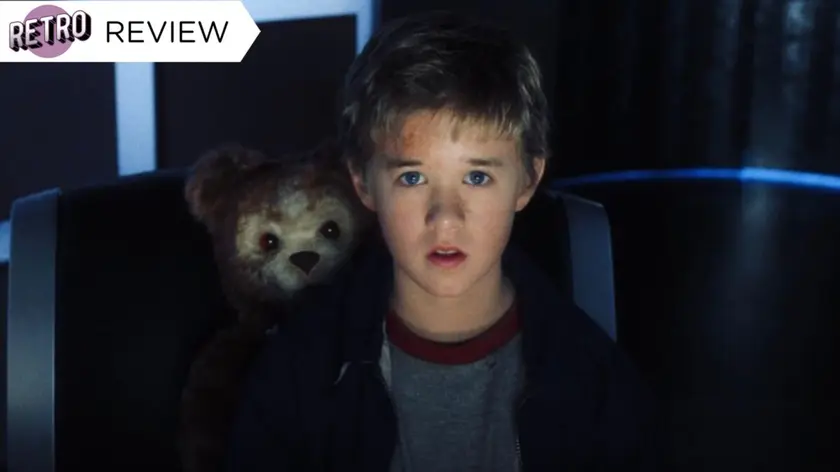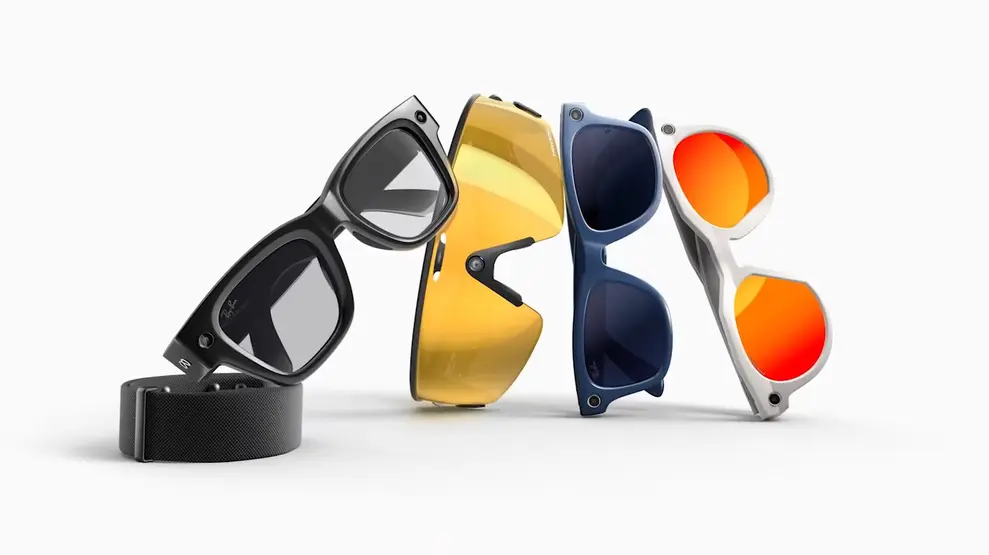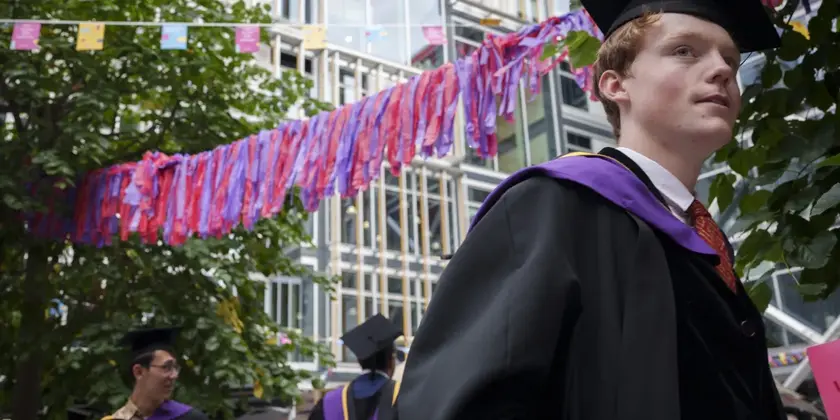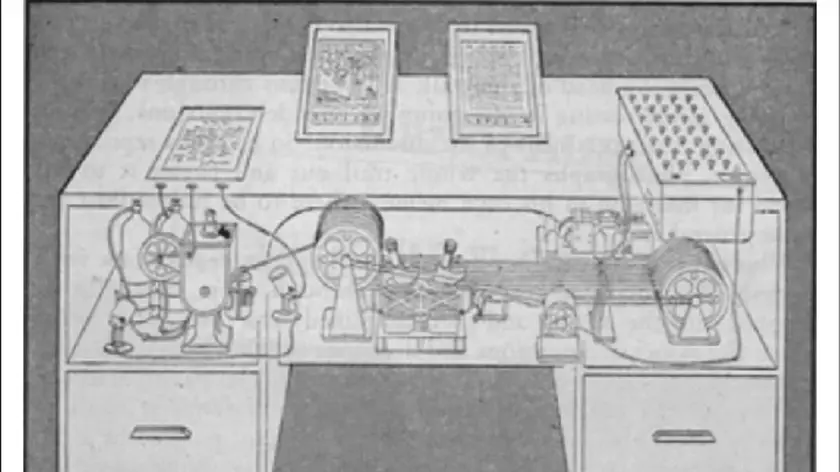T4K3.news
AI revisited
A critic re-examines Spielberg’s AI and its reflections on love and technology

A critic revisits Spielberg’s AI to judge what the film says about love, technology and what it means to be human today.
AI Vision Reexamined Twenty Years Later
Revisiting Steven Spielberg’s AI: Artificial Intelligence, the piece notes it still feels plausible about future tech while also being uneven in its storytelling. Set in a flooded near future, the film follows David, a prototype robot child who can love, adopted by Monica and Henry after their real son lies in a coma. David’s ability to imprint on a caregiver is permanent, a design choice that raises ethical questions about consent and control. The plot journeys from a cold family household to a road trip with Gigolo Joe and a trip to Dr. Know, a stand in store for instant access to human knowledge. The search for the Blue Fairy, a symbol from Pinocchio who could turn David into a real boy, becomes a through line. The ending complicates expectations: two thousand years pass and aliens discover David, bringing back his mother for a single day to make him happy. The review notes that the movie blends horror, fairy tale and science fiction, with production design that remains striking even as the world it imagines feels increasingly familiar. In today’s tech world, Dr. Know reads like a precursor to modern AI assistants, while the idea of an industry that monetizes and controls advanced machines still resonates. The film is not streaming now, but can be rented or purchased.
Key Takeaways
"Love in silicon raises one of the hardest questions we can ask"
Tweetable line about the film’s core theme
"Dr Know prefigures the chatty helper we take for granted"
Commentary on the film's portrayal of AI as a knowledge tool
"The ending uses aliens to remind us what it means to be real"
Reflection on the final twist and its thematic weight
"A dream of real love may be the film’s real subject, not the machine"
Editorial takeaway on the film’s subtext
What lingers is a meditation on love as a human hinge for meaning. The film’s central question — can emotion be engineered or only experienced — remains timely as real systems imitate affection through user interfaces and curated interactions. Yet the critic argues the film often drifts between genres without fully committing to a single through line, which makes the emotional core feel episodic. The revelation that David’s drive is self motivated marks a rare peak for AI fiction, suggesting a future where machines might push beyond human programming. The ending, which uses an alien vantage to impose a final scene of happiness, frames the human quest for connection as the true program the story runs on. Rewatching in 2025, the piece suggests the film is less a manual about intelligent machines and more a mirror about human intelligence and longing. The title AI may be a misdirection that invites readers to reflect on what makes people feel real more than what makes a robot think. The critic closes with the sense that the film’s ideas will likely be recontextualized again as culture’s views on AI continue to shift.
Highlights
- Love in silicon raises one of the hardest questions we can ask
- Dr Know prefigures the chatty helper we take for granted
- The ending uses aliens to remind us what it means to be real
- A dream of real love may be the film’s real subject, not the machine
The film invites us to watch our own era through a different lens, not to settle the questions but to keep asking them.
Enjoyed this? Let your friends know!
Related News

Jennifer Aniston reflects on a famous love triangle

Metal Gear Solid Delta launches with updated look

Meta Ray-Ban Display Leaks Ahead of Connect

OnePlus 13 now features Plus Mind AI in the US
Pixel 10 AI features redefine smartphone use
Google develops AI-powered icon customization for Pixel

AI market caution

DeLong warns against blaming AI for job struggles
